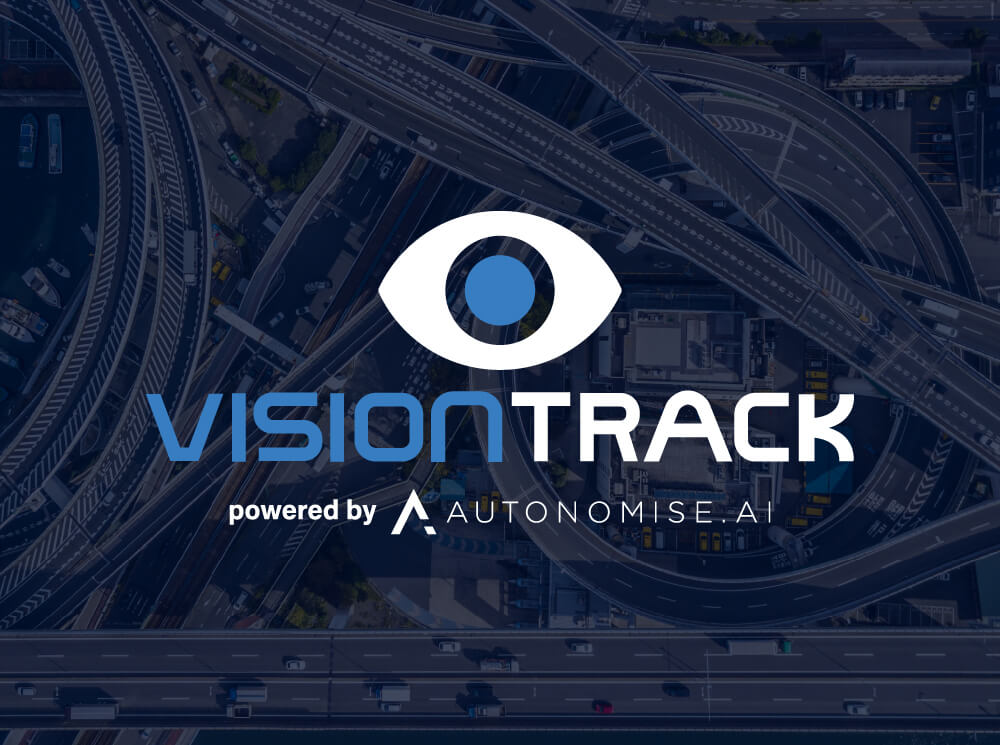What Simon says – road safety!
Written by VisionTrack
25 November 2016
To mark this year’s Road Safety Week, VisionTrack Managing Director Simon Marsh talks about why he is so passionate about improving the way we all drive and what he thinks the future holds for better fleet driving behaviours.
Just why are you so passionate about road safety?
A serious road incident can be devastating and, as a former fleet owner, I have seen first-hand just what impact this can have on not only any casualties involved but also on the driver, their employer, the emergency services, witnesses and so on. One particular incident has really stuck with me and when it happened it was a pivotal moment in my life.
People don’t realise that, in a split second, something could happen behind the wheel that might change their lives. That’s why I am dedicated to making sure we can all be as safe as possible when in the driver’s seat.
What do you think causes the most incidents?
Speed. There simply isn’t enough awareness that this is a main cause of incidents, along with people driving too closely to one another and being distracted, whether that be by children, their phones, etc. The risks posed by a distracted driver are huge.
Ultimately, when an incident does happen it can wreck the life of the driver and all those involved.
What needs to be done to improve road safety among fleets?
Driving for business is considered to be one of the most dangerous occupations to have, however, there is not enough awareness of how drivers are performing when in control of a vehicle.
I personally don’t believe there are enough road safety initiatives out there in the sector. There is a syndrome of ‘it’ll never happen to me’ among some businesses and this in itself is dangerous. As an industry, we all need to focus on educating drivers and understanding driver behaviour to ensure we continue to reduce road casualties caused by fleet drivers.
What impact are camera telematics devices actually having on road safety?
I strongly believe these devices, and supporting platforms, allow fleets to see how their drivers are performing when they are out and about on the UK’s roads. After all, video data doesn’t lie, giving a clear picture of how a person is driving and what has caused an incident, or even a near miss.
Telematics cameras give fleets the insight needed to reduce incident rates. Fleet operators have a duty of care to ensure their drivers are behaving sensibly and carefully, and required training plans are in place for those who do not reach sufficient standards. It’s a responsibility that needs taking on board and adopting wholeheartedly.
People and businesses often only think about installing these devices after an incident has happened but in reality they need consider this now so that incidents don’t take place at all.
What’s your vision for road safety in 2017 and beyond?
The use of video telematics is undoubtedly the way to help avoid future incidents in my opinion. I hope that fleets will seriously consider using this technology to investigate their drivers and their training needs. Currently there isn’t enough understanding of how much these devices can impact road safety performance levels across fleets. We will continue to work on with our partners, the industry and drivers in general to raise awareness of what technological support is available to aid the safety of their drivers on the road.




